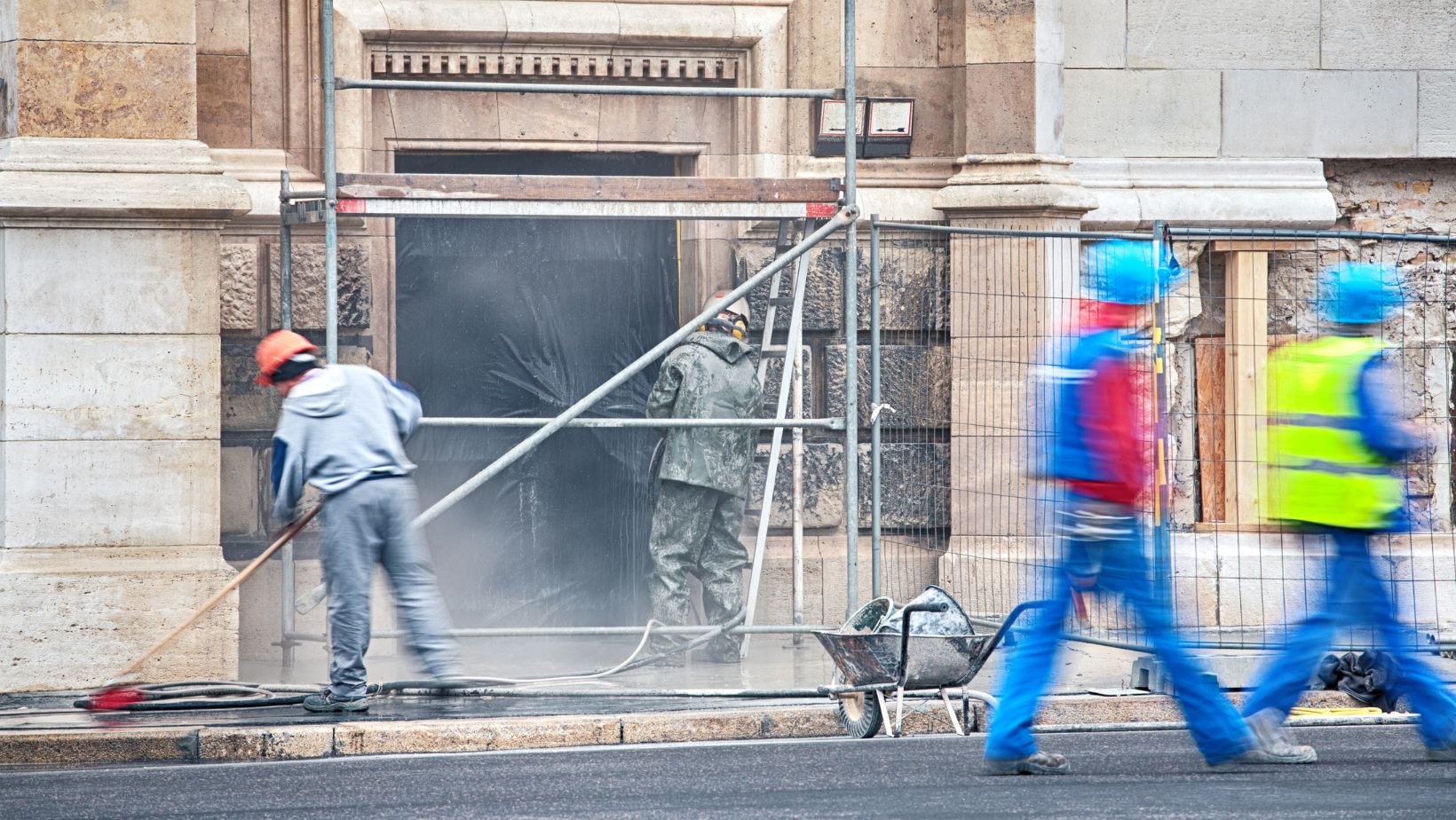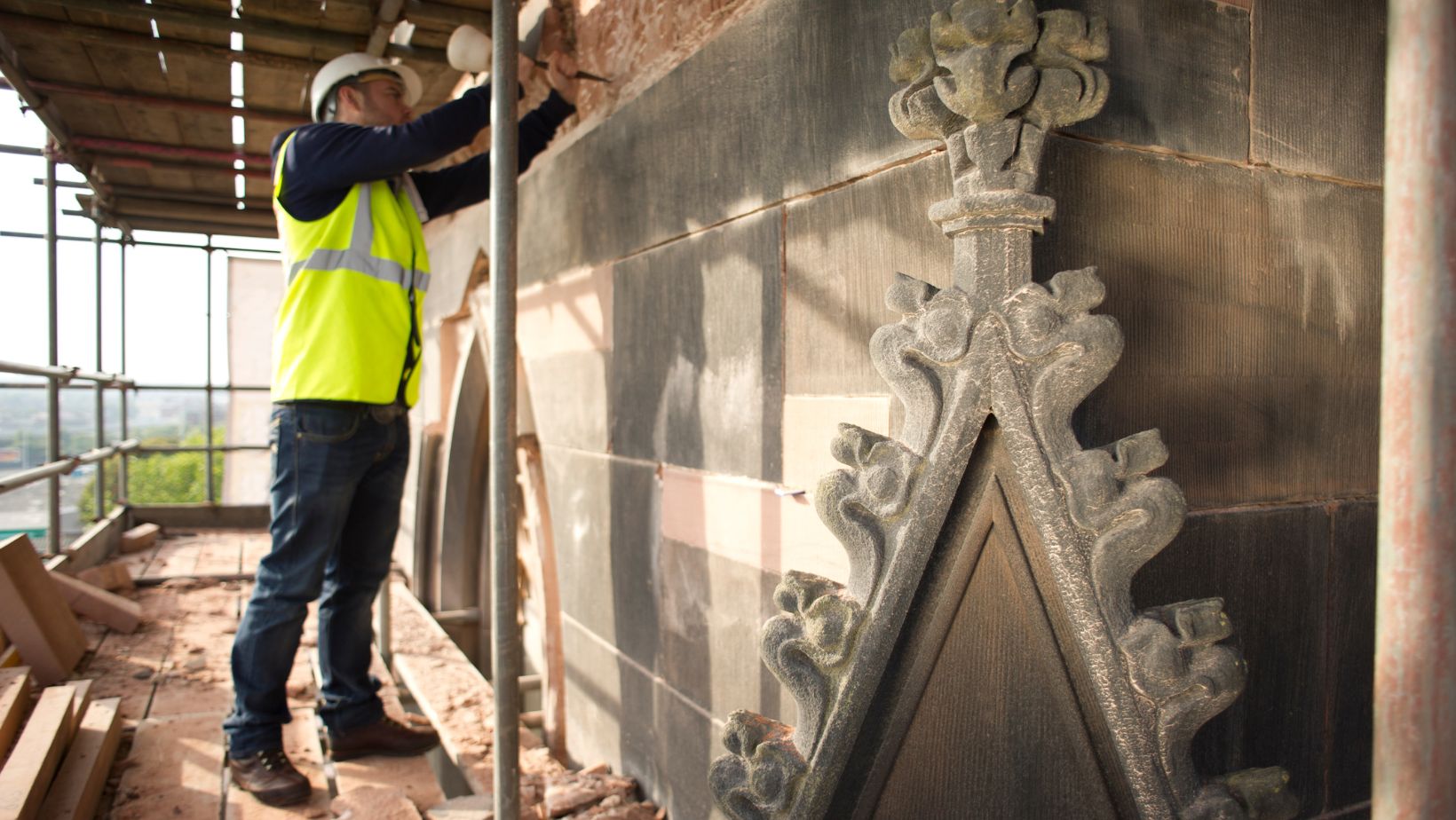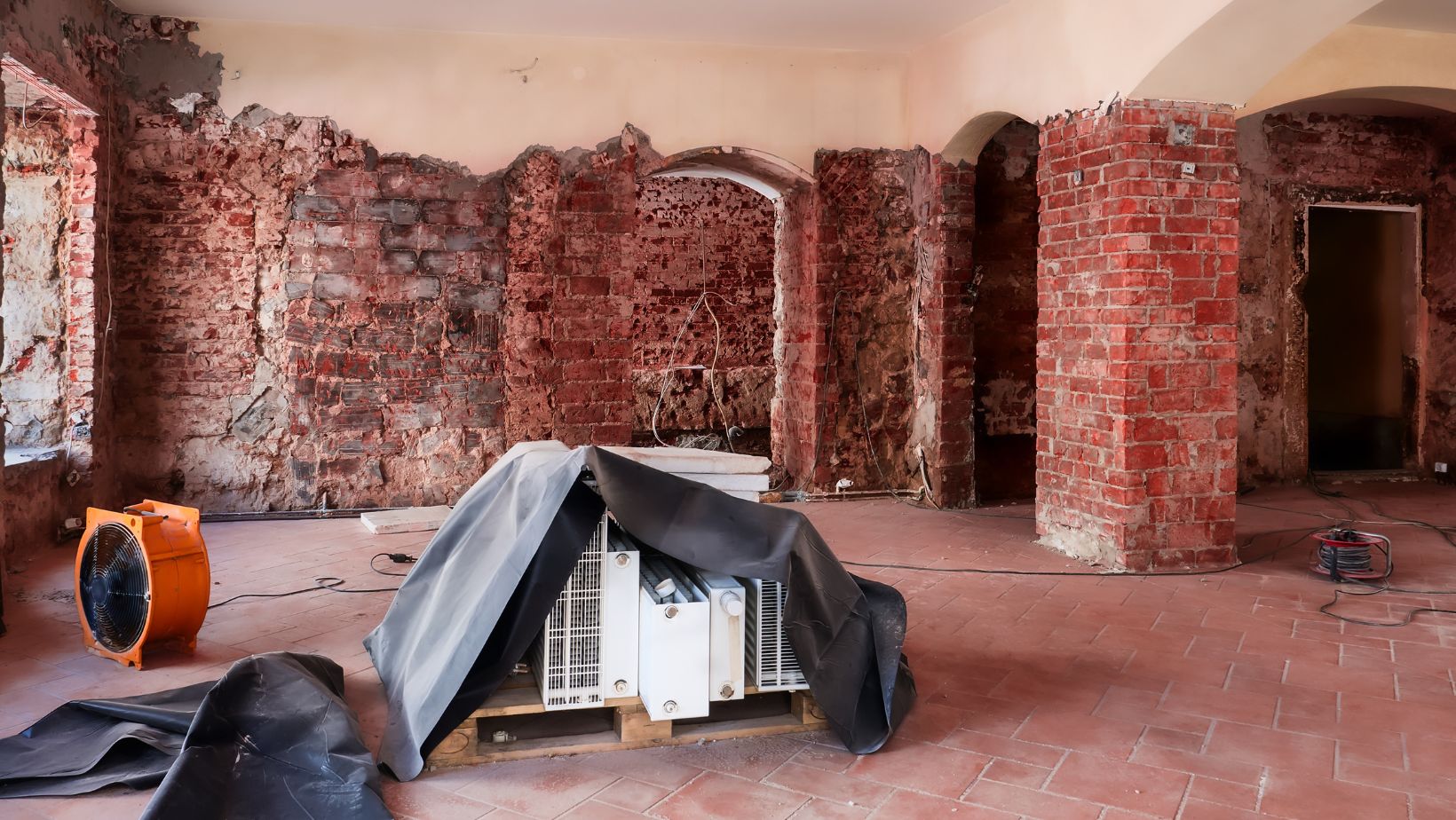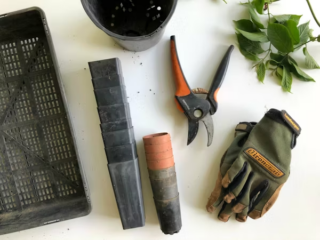
The Mile High City has a lot to offer. From professional sports and a thriving museum district to plenty of outdoor activities, Denver has something for everyone. Denver also has some extreme weather conditions.
Blizzards are common and this can create havoc in homes and businesses, and melting snow can cause flooding as the city’s drainage system is pushed beyond its limits. Flooding in homes and businesses is an unfortunate reality in this area, and when this happens, it means it’s time to start searching for restoration companies in Denver.
However, before signing a contract with the first restoration company, you will find there are a few aspects to consider. After all, you want the best professionals working to restore your property to its pre-flooding condition.
Tips on Choosing a Denver Restoration Company
Just because a business hangs out a sign advertising restoration services doesn’t mean it’s the right one for your project.
Before you’re locked into a contract with a less-than-stellar company, make sure you take a minute to do a little research.
Start with a List
Finding a Denver-based restoration service is as easy as performing a Google search. Simply search for restoration companies near you, and you’ll quickly get an extensive list.
Go ahead and start narrowing the list down to a few companies. A good tip is to keep the services near you on the list. If the company is located more than ten miles away, the distance can affect service quality.
For example, the same snowstorm that caused your damage may make it difficult for companies located further out to reach your property. When you have flood damage, you don’t want to wait any longer than necessary to start the restoration project.
Check Certifications and Experience
Now that you have a slightly more manageable list of potential restoration specialists, it’s time to start checking the company’s qualifications and experience.
There’s nothing wrong with hiring a company just starting out, and you may even get a great deal on project costs. However, experience can make a difference, especially if you’re dealing with structural damage. In this case, it’s probably best to go with an experienced restoration company.

Yes, some restoration jobs require certification. If the flooding causes a sewer to back up, you may be dealing with black water. Black water is hazardous and presents a serious health risk.
Everything from how the water is removed and disposed of to the clean-up process is strictly regulated. Look for a restoration company certified by the Institute of Inspection Cleaning and Restoration Certification (IICRC), which also indicates the company is trained in mold and mildew removal.
Even though asbestos is fairly uncommon nowadays, it’s still present in some older Denver buildings. If this applies to your property, the restoration company should also be certified in asbestos removal.
Ask About the Demolition Process
Hopefully, your flooding damage doesn’t require any demolition—however, sometimes demolition is necessary when there’s severe structural damage.
While demolishing all or part of a structure is fairly easy, you don’t want the restoration company to haphazardly knock down walls. Eventually, rebuilding will be a project on your to-do list, and you want it to go as smoothly as possible.
Ask if the restoration company performs any demolition with the goal of making the rebuild go more quickly and easily. This generally means the restoration company will create a demolition plan instead of randomly knocking down damaged sections of the structure.
Check the Company’s References
Even if your short list of potential renovation companies includes one or two recommended by family or friends, don’t skip the reference check. Even the worst restoration service can do a great job every once in a while.
You have enough to deal with after a flooding event to worry if the restoration company is capable of handling the job. Spending a few minutes reading feedbacks and checking references can save you a lot of time and money. The restoration company should have an active webpage complete with customer testimonials. Yes, these are all probably glowing, five-star ratings, but you can get a good idea of what to expect from the service.
Don’t forget to check with the BBB (Better Business Bureau), since they’re a great resource when you need to check a company’s legitimacy. The BBB even grades businesses, so don’t go with any service with a grade below a B and make sure to read through the customer complaints. Some may apply to your project. The more you know, the easier it is to select the right restoration company for your project.
You may also want to ask the restoration company for references, and most are more than happy to comply. If the service is hesitant to provide references, take it as a red flag since this may indicate the restoration company is hiding something they’d rather their future clients don’t find out about.
Get and Compare Quotes
Okay, remember, a quote is an estimate and not set in stone, which means your restoration project may cost more or less than the quote. All of the quotes from your shortlist should be pretty similar. If one seems too low and too good to be true, it probably is.
You don’t need to go with the highest quote since there’s no reason to pay more than necessary. Instead, try to choose a restoration service with a quoted price somewhere in the middle. This is usually a good indication that they’re a reputable service and are planning for any unforeseen project costs.
Don’t Be Afraid to Ask Questions
If you have questions, ask them, and don’t be afraid to ask plenty of questions. After all, it’s your property and money.

Inquire about the restoration company’s experience handling projects similar to yours and if they’re certified. Also, don’t forget to ask if the company is also insured—accidents can happen, and you don’t want to be stuck with the bill.
You Can Recover After Flood Damage
In Denver, where flooding is a common issue during the snowmelt season, experiencing interior water damage requires prompt attention from a qualified restoration company.
Conducting thorough research and asking detailed questions about their experience, methods, and credentials is crucial. This diligent approach helps in selecting a service that is not only reliable but also best suited to your specific restoration needs, ensuring a more efficient and effective resolution to flood damage.





